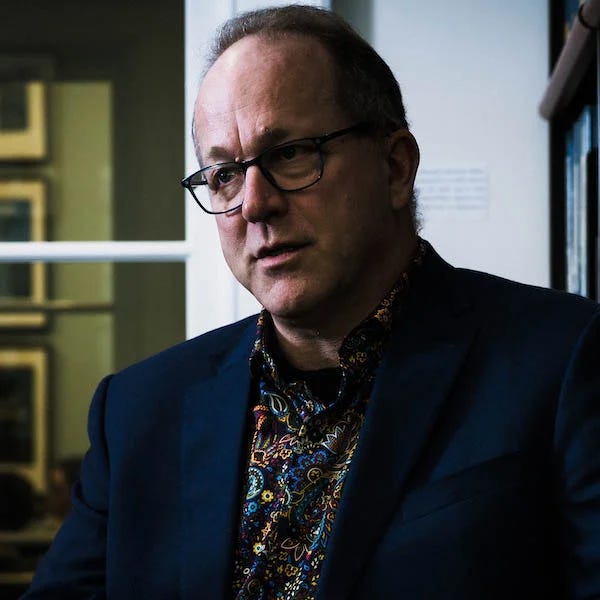Thinking Impossibly (Jeffrey Kripal, PhD)
Listen now (63 mins) | “We need to be open to things that offend or transcend our worldview because they're clearly doing that for a reason..."
You can also listen to this episode on Spotify, or wherever you get your podcasts.
Jeffrey Kripal holds the J. Newton Rayzor Chair in Philosophy and Religious Thought at Rice University. Jeff is back for his second episode on Pulling the Thread, as our first conversation was one of my favorites—and, as turns out, yours too. Jeff’s work and mind is focuse…
Keep reading with a 7-day free trial
Subscribe to Pulling the Thread with Elise Loehnen to keep reading this post and get 7 days of free access to the full post archives.





